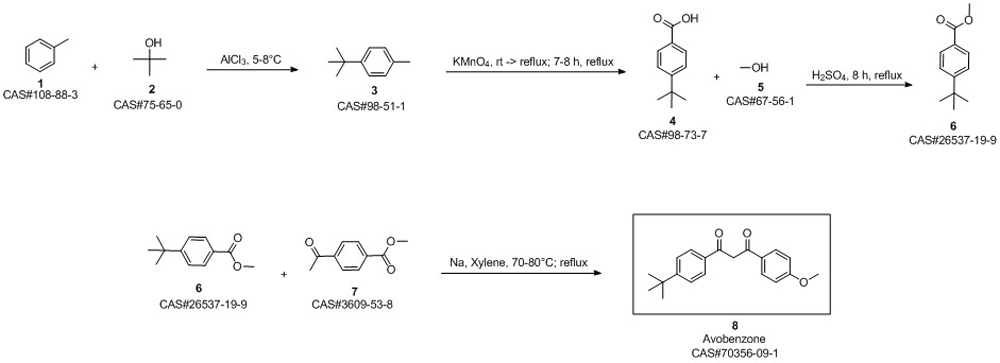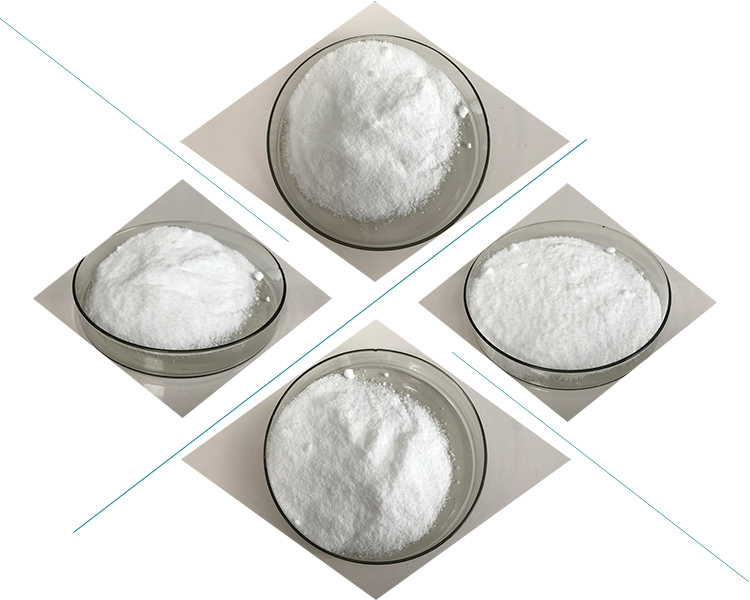Avobenzone is a widely used chemical sunscreen agent that absorbs a broad range of ultraviolet (UV) radiation, particularly UVA rays, which are known to contribute to skin aging and cancer. It’s often included in sunscreens because of its ability to offer broad-spectrum protection.
When it comes to the security of Avobenzone, here are a few considerations:
1. Effectiveness:
Avobenzone is effective in providing UVA protection. However, it is known to be unstable when exposed to sunlight, meaning it can degrade and lose effectiveness over time. This is why Avobenzone is often combined with stabilizing agents like octocrylene or other sunscreen ingredients to maintain its efficacy.

2. Safety:
Avobenzone has been approved by various health and regulatory agencies, including the U.S. Food and Drug Administration (FDA) and the European Medicines Agency (EMA). It’s generally considered safe for use in sunscreen formulations at concentrations of up to 3%.
3. Skin Sensitivity:
While Avobenzone is typically well-tolerated, some individuals may experience irritation or allergic reactions, though this is rare. Patch testing is always a good idea if you have sensitive skin or a history of reactions to skincare products.
4. Environmental Impact:
There are concerns about the impact of certain sunscreen ingredients, including Avobenzone, on marine ecosystems. Some studies suggest that Avobenzone may contribute to coral bleaching, although this is still an area of ongoing research. As a result, some regions have banned or restricted the use of certain sunscreen chemicals to protect marine life.

5. Potential Hormonal Disruption:
There have been occasional discussions about whether sunscreen ingredients, including Avobenzone, could potentially disrupt hormonal function. However, based on the current body of scientific evidence, Avobenzone is not considered a significant endocrine disruptor.
In summary, Avobenzone is generally regarded as a safe and effective sunscreen agent when used appropriately. To maximize its stability and effectiveness, look for sunscreen formulas that include stabilizers or opt for newer sunscreen technologies designed to preserve the active ingredients better.
